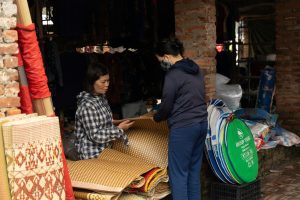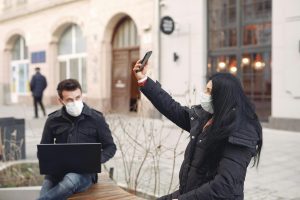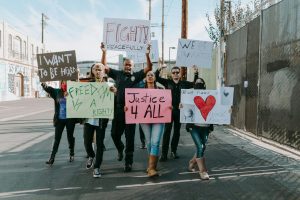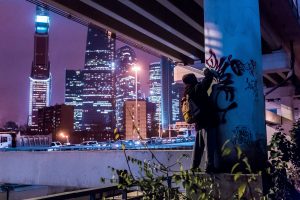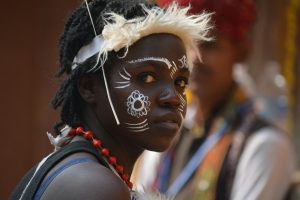Freedom of Assembly in Protest Movements
Welcome to the world of protest movements, where people come together to make their voices heard and fight for their rights. This form of peaceful demonstration has been a cornerstone in the fight for freedom and justice throughout history. One of the key elements in a successful protest is the freedom of assembly, the right to gather and peacefully demonstrate. However, this right has been and continues to be challenged and restricted in many parts of the world. In this article, we will delve into the importance of freedom of assembly in protest movements and the challenges faced by those who exercise this right.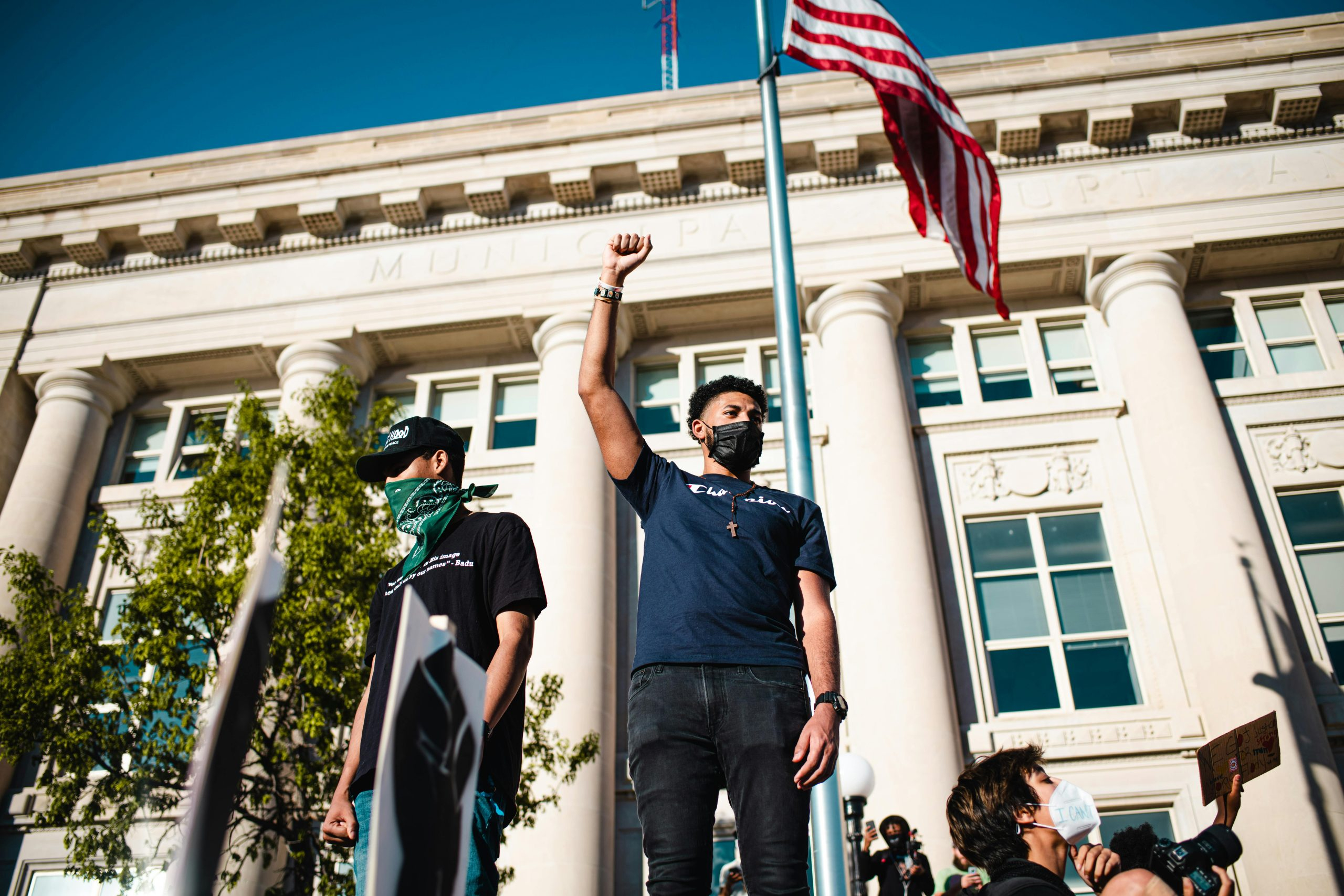
What is Freedom of Assembly?
Freedom of assembly is a fundamental human right that is protected by law in most democratic countries. It is recognized as an integral part of the freedom of expression and is enshrined in the United Nations Universal Declaration of Human Rights. This right allows individuals to peacefully gather and express their opinions and ideas without fear of persecution or retaliation from the government.
It is important to note that freedom of assembly does not give individuals the right to engage in violent or destructive protests. It is a right that is exercised through peaceful means, such as protests, marches, and demonstrations. These forms of assembly aim to raise awareness and create a platform for people to share their concerns and grievances with the government and society as a whole.
The Role of Freedom of Assembly in Protest Movements
Protest movements have been a catalyst for change throughout history. From the civil rights movement in the United States to the anti-apartheid movement in South Africa, and more recently, the Women’s March and Black Lives Matter movement, the right to assemble and protest has been crucial in bringing about social and political change.
The ability to gather and freely express opinions and ideas is essential in a democratic society. It allows people to influence policy-making and hold the government accountable for their actions. Without freedom of assembly, individuals and groups would not have a platform to voice their concerns and make their voices heard.
In addition, by coming together in protest, individuals can form a sense of solidarity and belonging, creating a powerful force to be reckoned with. Protest movements also serve as a reminder to the government that they are accountable to the people and must address their demands.
The Challenges Faced by Protesters
Despite being a fundamental human right, freedom of assembly is not always respected and protected by governments. In many parts of the world, protesters are met with violence, intimidation, and arrest by the authorities. In some cases, governments may even impose restrictions and regulations on the right to assemble, making it difficult for protesters to gather and express their opinions.
In some countries, protest movements are seen as a threat to the government’s authority and are met with excessive force, leading to injuries and even deaths of protesters. This suppression of freedom of assembly goes against the very principles of democracy and human rights and is a cause for concern.
Moreover, the rise of digital technologies has also posed a challenge for protesters. With the increasing surveillance of online activities and the monitoring of social media, governments can easily track and target organizers and participants of protests, further restricting the right to assemble.
The Way Forward
In order to protect the right to peaceful assembly, it is crucial for governments to uphold this fundamental human right and facilitate and support peaceful protests. This includes creating a safe environment for protesters and preventing any form of violence or intimidation. Governments should also refrain from imposing excessive regulations and restrictions on the right to assemble, as it hinders the exercise of this fundamental right.
Furthermore, the international community must continue to advocate for the protection of freedom of assembly and hold governments accountable for any human rights violations. This can be done through diplomatic means, such as imposing sanctions on countries that violate this right.

